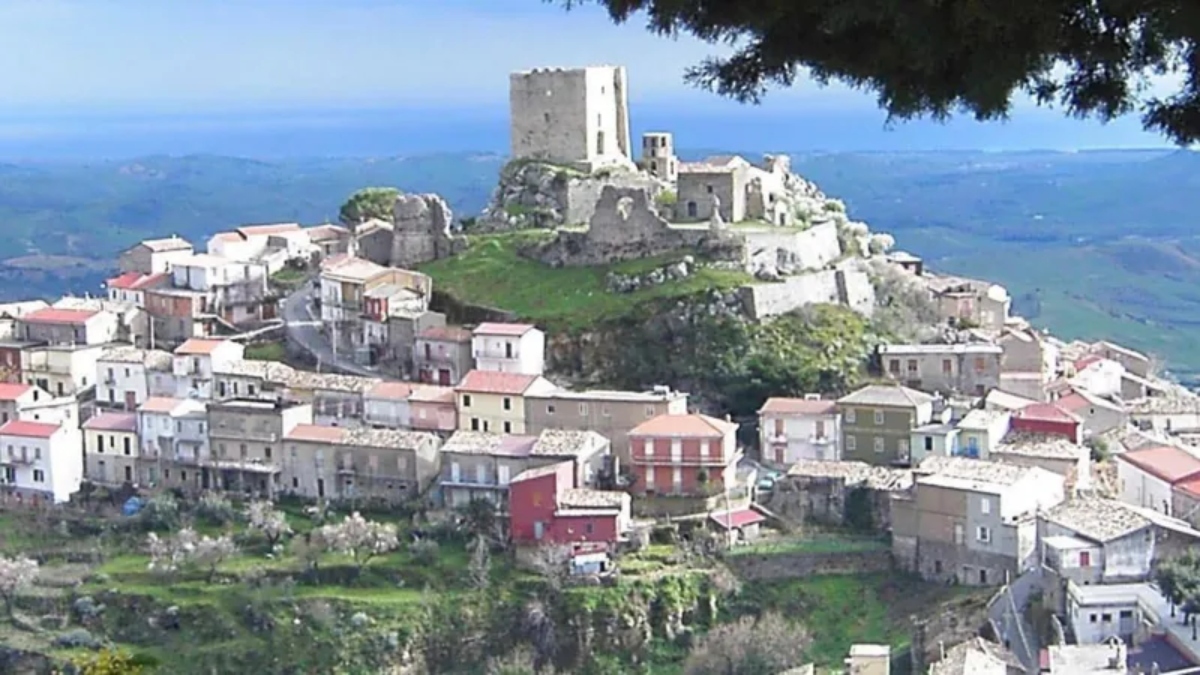A small Italian village Belcastro, located in the southern region of Calabria — one of Italy’s poorest areas — has banned its residents from falling seriously ill, according to a BBC report.
People living in Belcastro “are … ordered to avoid contracting any illness that may require emergency medical assistance,” BBC quoted a decree from local Mayor Antonio Torchia as saying.
Torchia said the decision was “obviously a humorous provocation,” yet it has proven to be more impactful than the urgent notifications he had sent to regional authorities regarding the deficiencies in the local healthcare system.
About half of Belcastro’s 1,200 residents are over 65, and the nearest Accident & Emergency (A&E) department is more than 45 km (28 miles) away, reported BBC, citing the mayor.
The mayor said that access to the A&E is limited to a road with a speed limit of 30 km/h (18 mph).
The village’s on-call doctor is available only sporadically and does not provide coverage on weekends, holidays, or after hours.
According to the report, Torchia expressed on Italian TV that it’s difficult to “feel safe” knowing that getting timely assistance means relying solely on reaching the A&E in time, adding that the roads themselves pose “more of a risk than any illness.”
The decree also instructs residents to “avoid harmful behaviors and domestic accidents,” refrain from leaving home frequently, limit travel and sports, and prioritise rest, added the report.
Impact Shorts
More ShortsIt, however, remains unclear how these rules will be enforced.
Calabria, located at the tip of Italy’s boot, is one of the country’s poorest regions, suffering from political mismanagement and mafia influence that have devastated its healthcare system.
Under central government oversight for nearly 15 years, local hospitals face overwhelming debt, leading to a severe shortage of medical staff and beds, as well as long waiting lists. Since 2009, eighteen hospitals have closed, forcing nearly half of Calabria’s two million residents to seek medical care elsewhere, reported BBC.
In 2022, it was announced that Cuba would send 497 doctors to the Italian region over three years to work in various medical facilities.
Regional governor Roberto Occhiuto told BBC that last year these doctors had “saved” Calabria’s hospitals.
Belcastro residents told local media that Mayor Torchia had “done the right thing in shining a light on the issue”, and that the decision would “shake consciences”.
“He has used a provocative decree to attract attention on a serious problem,” BBC quoted a man as saying.
With inputs from agencies


)

)
)
)
)
)
)
)
)



